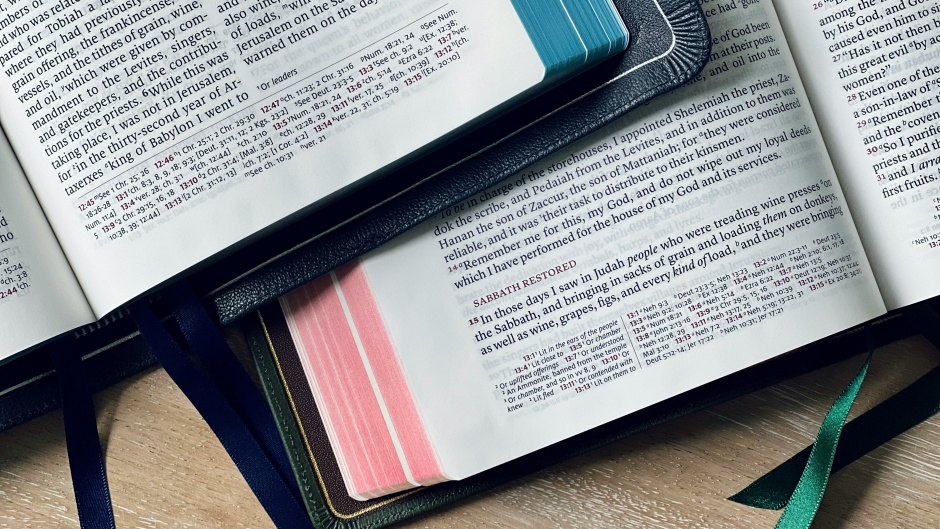Big idea or big story? Lessons both ways
In preaching, whichever camp you choose to set up your homiletical tent in, be sure to benefit from what is good about the other group too.
12 SEPTEMBER 2024 · 09:30 CET

I studied preaching in the “Big Idea” school of preaching. We were required to read books from the “Christocentric” school of preaching.
In my experience, many preachers in both groups need to learn from one another.
The big idea folks tend to emphasize the particular passage open before them.
They never dismiss the big story of the Bible, but their primary concern is to communicate the message of this particular passage.
The big story folks tend to emphasize the big story of redemption, irrespective of which specific text they may be preaching.
They don’t dismiss the importance of a particular passage, but their primary concern is to preach the big picture gospel at every opportunity.
Both approaches can be highly effective. And both approaches can be done very poorly. One way both will fall short is where the Bible is mishandled.
Big idea folks
Big idea folks focus on the specific passage, but this cannot guarantee accurate exegesis, nor effective presentation of the relevance of that passage to listeners.
The big idea folks never dismiss the big story of the Bible, but their primary concern is to communicate the message of a particular passage
If the preacher harvests the imperatives in a passage and preaches a pressurized message inviting the listener to self-initiate some kind of moral transformation, then the text has been abused and the message of the Bible corrupted.
If the preacher fails to effectively engage the bigger story of Scripture, then the particular passage could be mishandled in light of its whole Bible context.
Big story folks
Big story folks focus on the full history of God’s redemptive plan, but this cannot guarantee immunity from moralistic preaching, nor does it always generate accurate handling of the text.
If the preacher imposes fanciful shortcuts to get to the goal of the rest of the redemption story, then it may seem like the text before the listeners may be turned into a secret code that only the preacher can unravel.
The big story folks don’t dismiss the importance of a particular passage, but their primary concern is to preach the big story of redemption
When big story preaching does not handle each text carefully, it can have the effect of flattening the Bible so that every passage is essentially a vague reflection of the one big story that will get imposed on it by the preacher.And even when the redemption plan is laid out, how easily moralism can creep in via pressure to choose belief as our great work.
Both schools of thought have a lot to offer and I would thoroughly recommend you read the best books in both groups.
But whichever camp you choose to set up your homiletical tent in, be sure to benefit from what is good about the other group too.
Peter Mead is mentor at Cor Deo and author of several books. He blogs at Biblical Preaching.
One more year
Learn all about our #OneMoreYearEF campaign here (English).
Published in: Evangelical Focus - Biblical Preaching - Big idea or big story? Lessons both ways
